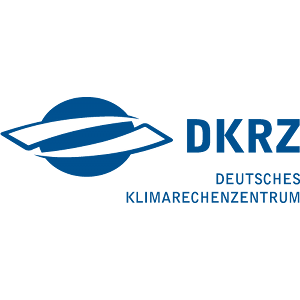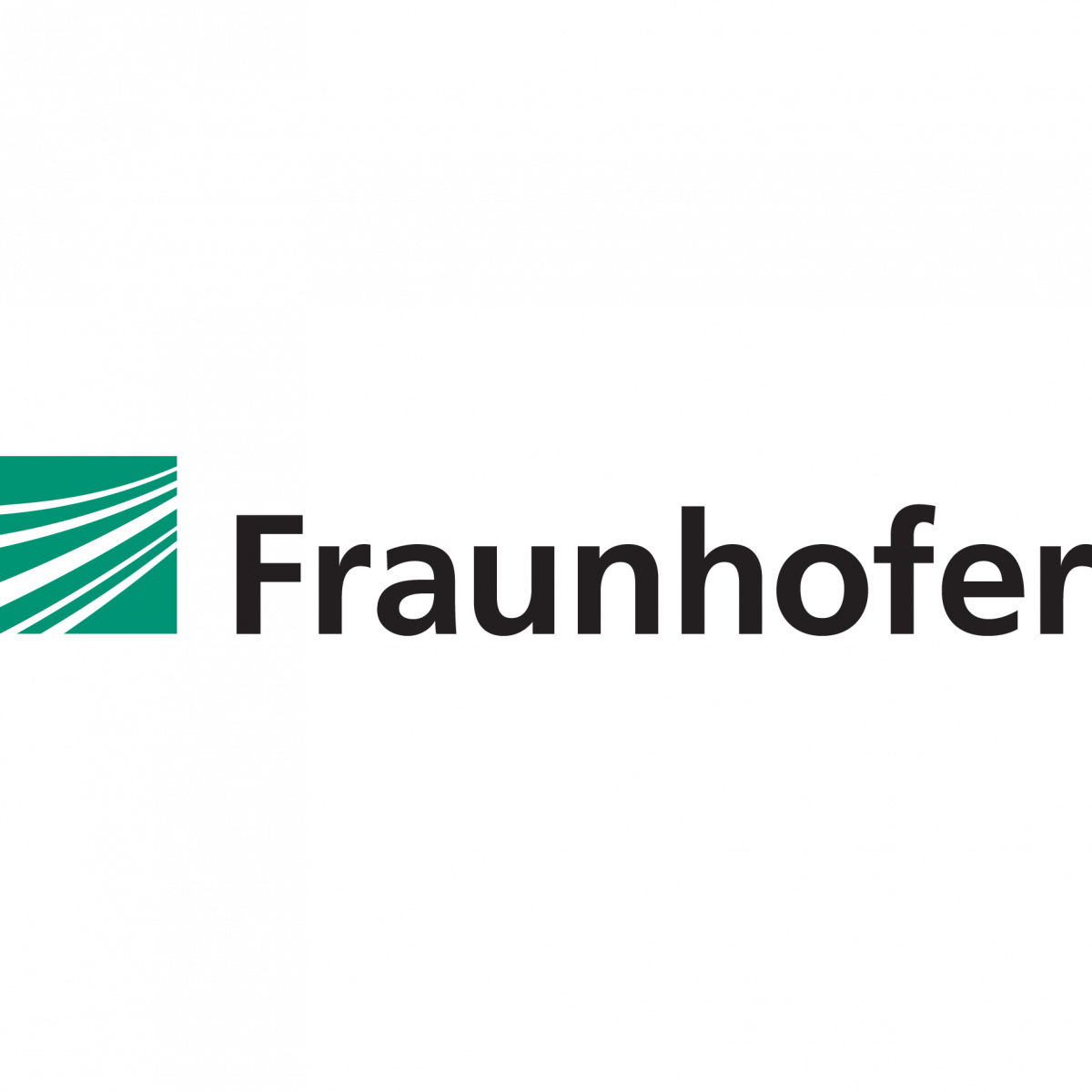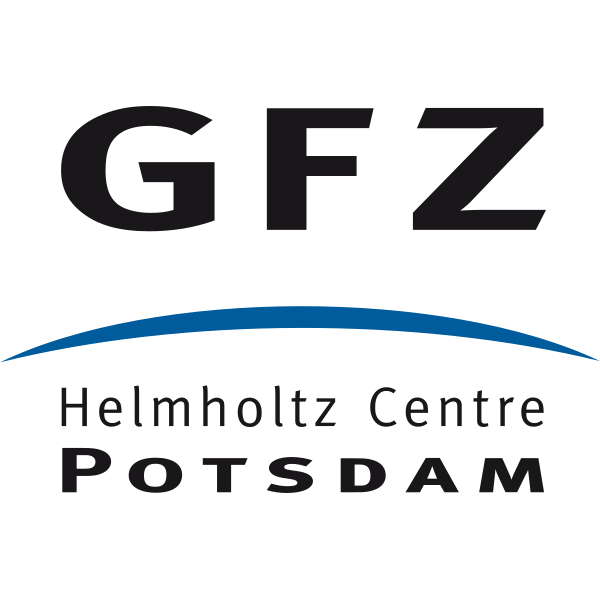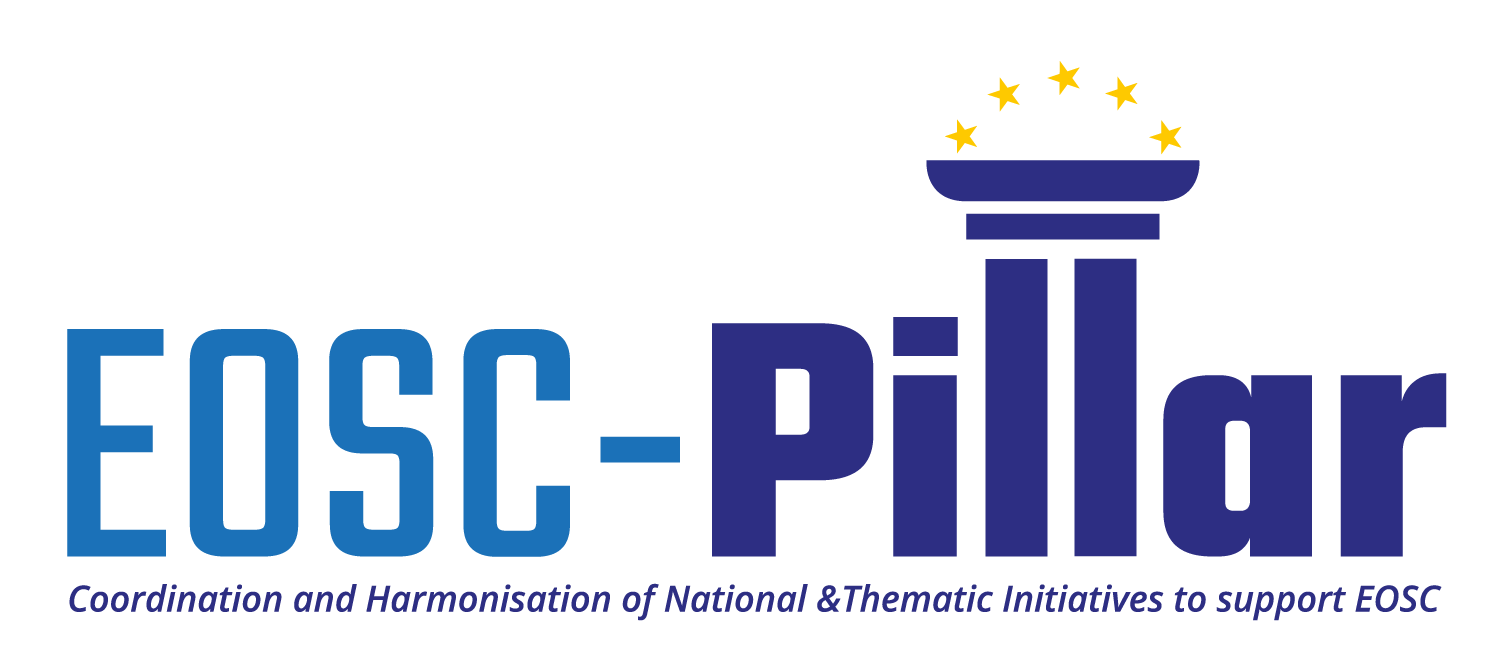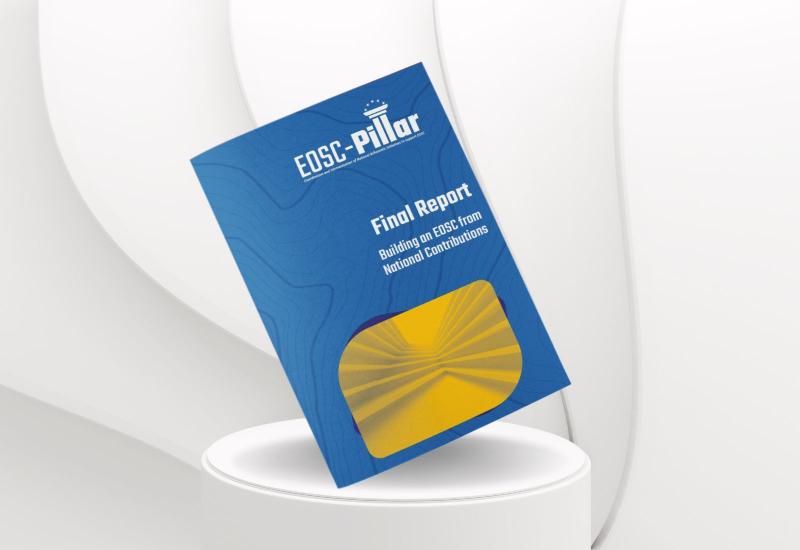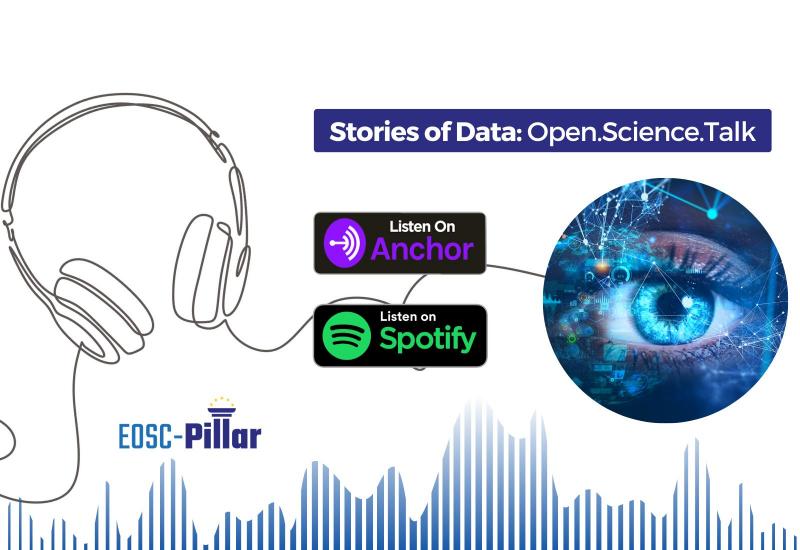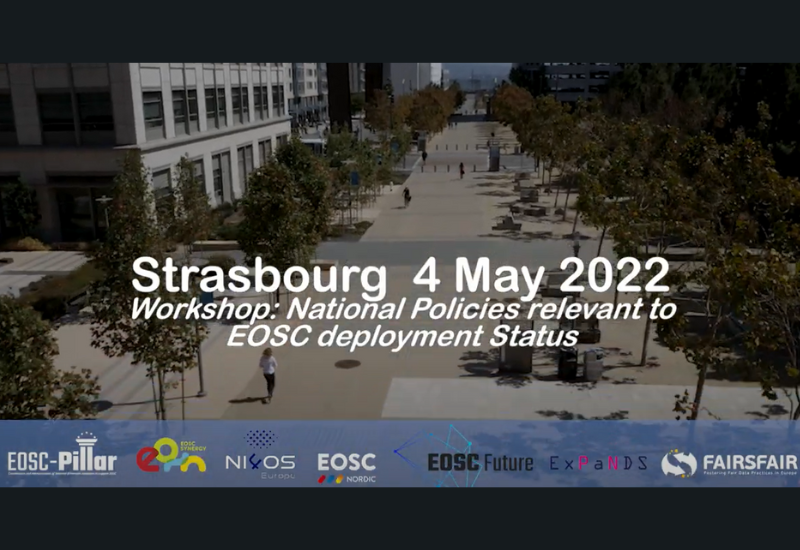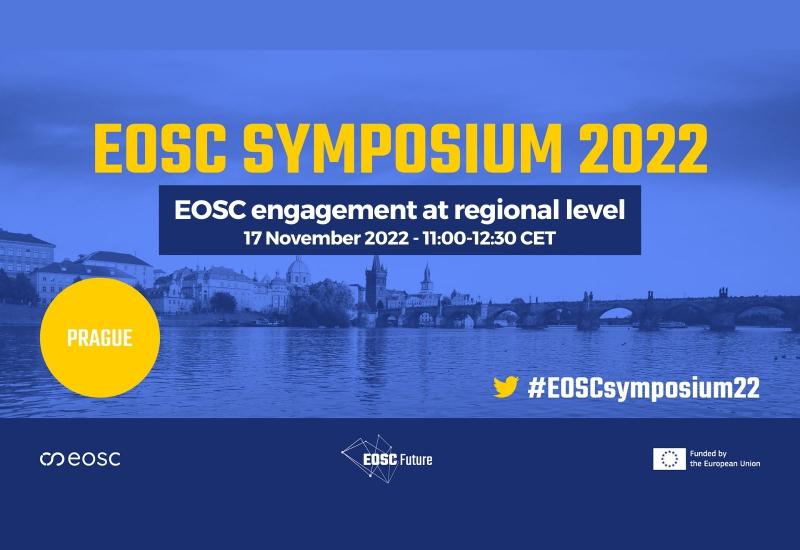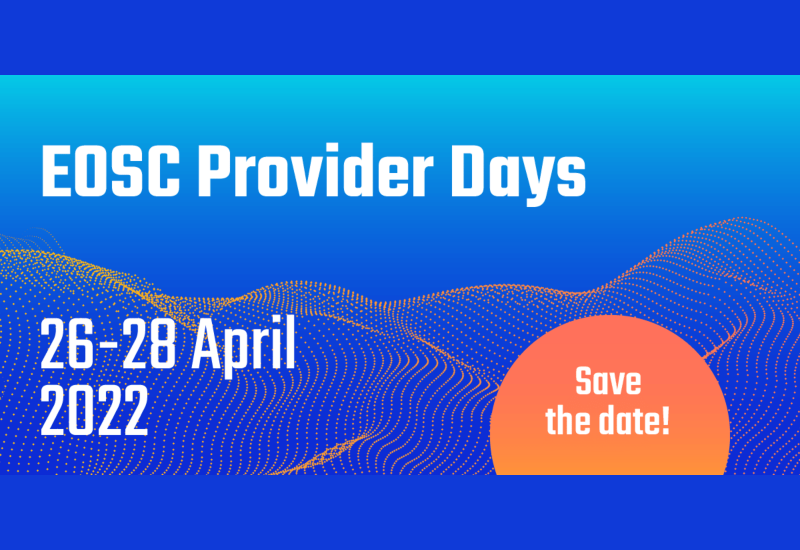
Germany
For more than two decades Germany is at the forefront of Open Science in Europe. The publication of its strategy paper on open access, the Federal Ministry of Education and Research (BMBF) backs the objectives towards an Open Access standard. This commitment towards open access and open science is carried forward in the efforts of the large German research organisations, Helmholtz Association, Fraunhofer-Gesellschaft, Leibniz Association and Max-Planck Society, and proven by the growing number of open science policies issued by universities. The expansion and dedication to openness in Germany was clearly shown in the results of the results of the "National Initiatives Survey" executed by EOSC-Pillar which was subsequently used to compile the Final Report by the EOSC Landscape Working Group
EOSC-Pillar has further engaged with many national infrastructures, in particular with the National Research Data Infrastructure (NFDI). NFDI, which according to its funder BMBF, “[…] should be a knowledge repository for the entire research landscape”, is gaining momentum and is the mandated organisation for Germany in the EOSC Association. KIT, partner in the EOSC Pillar project, is in regular contact with the NFDI directorate and exchanging information on the progress of EOSC in relation to its development and prospective services.
Several key German organisations are contributing to EOSC-Pillar. In particular the Fraunhofer IWM Institute in Freiburg (DE) leads the activities of Work Package 5 on FAIR Data Services and data management training, while the Karlsruhe Institute of Technology (KIT), among other things, helped carrying out the "National Initiatives Survey" coordinated by Work Package 3 and assists novel services like those operated by the German Research Centre for Geosciences (GFZ), to become citizens in the EOSC infrastructure in Work Package 7.
Klaus Tochtermann (ZBW) was elected as one of the directors of the EOSC Association for a three years term at the first General Assembly in December 2020. Read our interview with him at this link.
If you are part of a German Open Science initiative and want to learn more about EOSC, check out the EOSC-Pillar Ambassadors Programme.
Roadmap for consolidating National Initiatives
Within the EOSC-Pillar project, the so-called "Transversal Task Force" conducted a series of interviews to further gain insights into the national landscape, analyzing the status of National Initiatives and specifically of Mandated Organisations in the realm of the EOSC Association.
The full report, completed Oct 2021, is available here, while the excerpt focusing on the Mandated Organisation for Germany is here.
Legal and Policy Framework and Federation Blueprint
Within the EOSC-Pillar project, Work-Package WP4 compiled a thorough study of the legal and policy state of the art in the involved countries (Austria, Belgium, France, Germany, Italy), identifying commonalities and gaps or challenges, and proposing recommendations for researchers on the rules and procedures with respect to legal issues regarding open access, open data, and cross border data access.
The full report (last update, Sep. 2021) is available here, while an excerpt containing details on Open Science Regulations and Policies, National copyright laws, Personal data protection laws in Germany is available here.
EOSC Observatory
Check out the EOSC Observatory, a policy intelligence tool being developed by the EOSC Future project for monitoring policies, practices, and impacts related to the European Open Science Cloud (EOSC). It will support the EOSC community in tracking the implementation of EOSC and the policy makers in developing actionable policies.
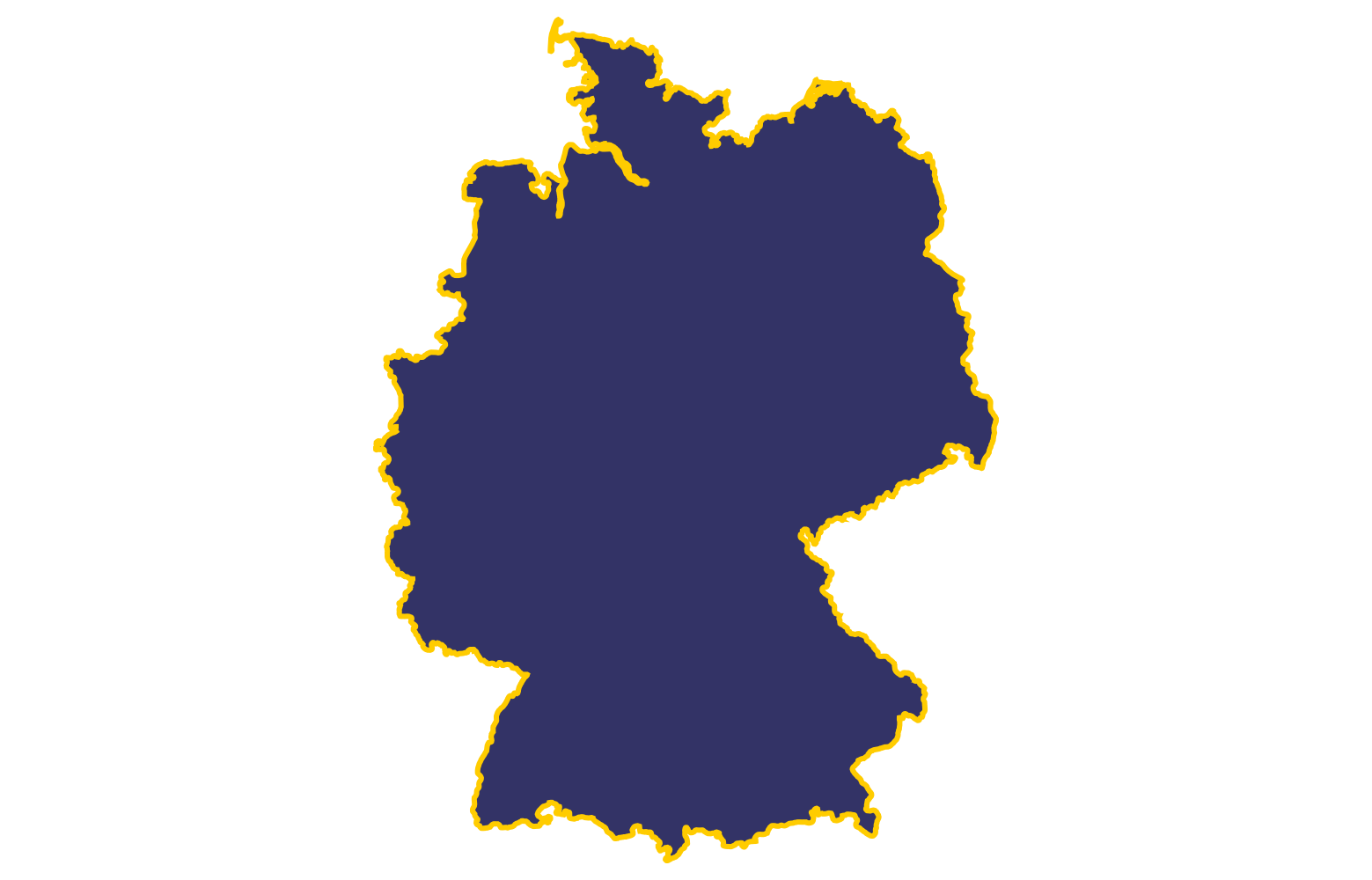
EOSC Steering Board Representative:
Andrea Herdegen and Marion Steinberger - Federal Ministry of Education and Research (BMBF)
EOSC-Pillar partners:

